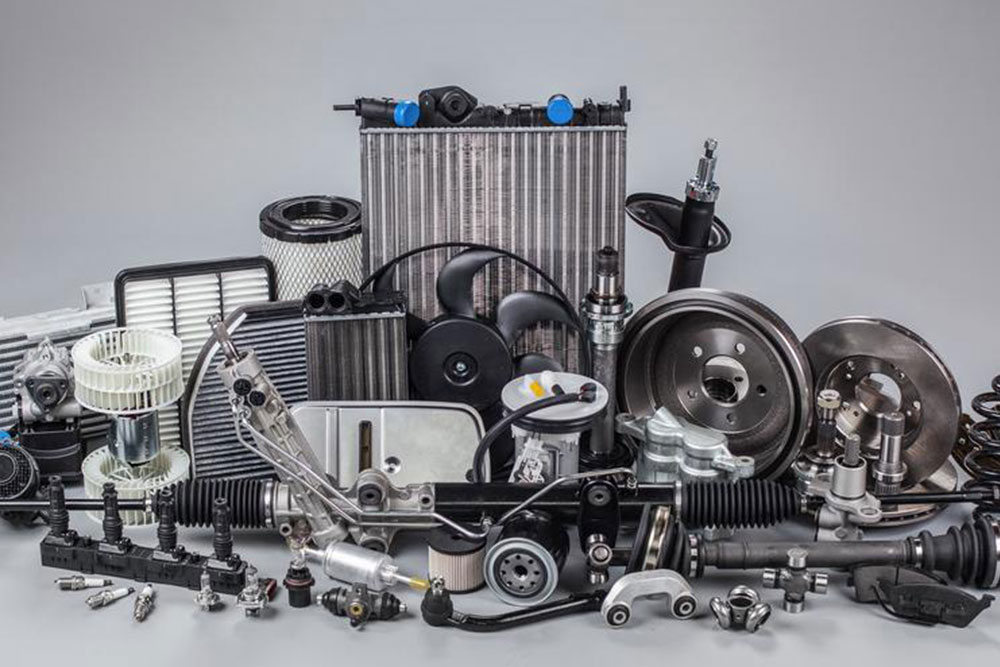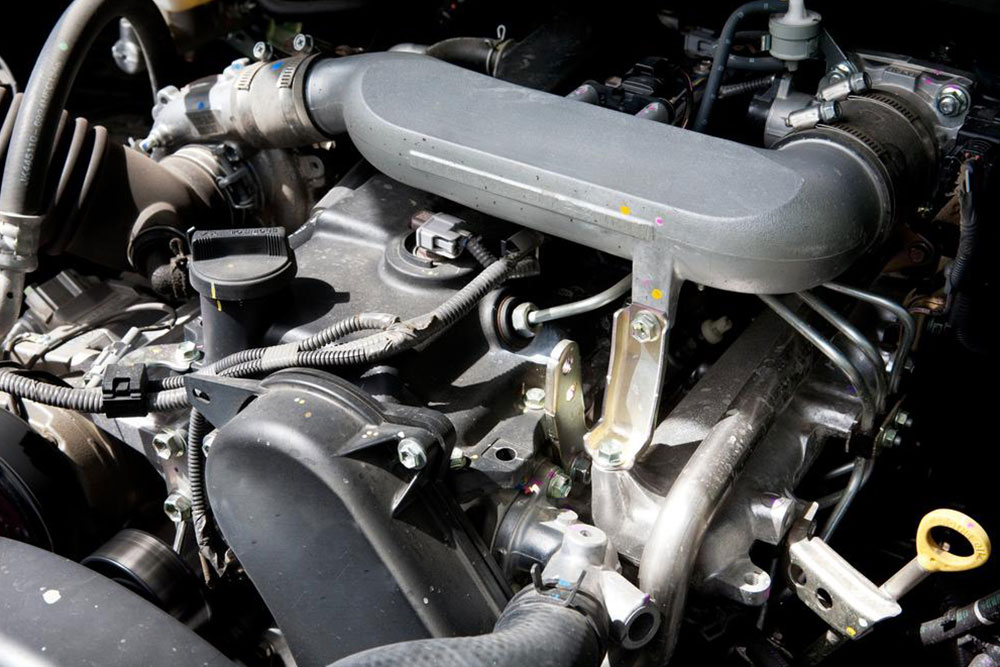Potential Drawbacks of Purchasing Extended Vehicle Warranties
This article explores the potential disadvantages of purchasing extended vehicle warranties. It highlights common issues such as unnecessary costs, numerous exclusions, restricted repair options, and the overall economic considerations. Understanding these factors can help consumers make informed decisions about whether extended warranties are truly advantageous for their vehicle ownership.

Potential Drawbacks of Purchasing Extended Vehicle Warranties
Opting out of extended warranty coverage from car manufacturers is common among consumers, who often believe their vehicle will serve them reliably for 5 to 10 years or more. Many hesitate to pay extra for such coverage, despite the tempting notion of added security.
Here are some reasons why investing in an extended warranty might not be financially advantageous…
Disadvantage #1: Paying for Unused Coverage
When negotiating a new vehicle, dealers frequently urge buyers to purchase extended warranties. While it offers peace of mind, many consumers see it as similar to health insurance—paying for protection that may never be needed if the vehicle is well-maintained.
Disadvantage #2: Numerous Exceptions
Extended warranties are designed to provide reassurance, but reading the fine print often reveals many exclusions. Not everything related to repairs or parts may be covered, raising questions about the true value of the warranty.
Disadvantage #3: Costliness of Extended Plans
Purchasing an extended warranty can feel like gambling—hoping you won’t need it, but being prepared if you do. The upfront cost can sometimes outweigh actual benefits, especially since repairs can be expensive without coverage.
Consider that manufacturers are unlikely to offer free repairs; you may end up paying out of pocket for services not included in the warranty. Is it worth the additional expense? Likely not for many consumers.
Disadvantage #4: Repair Restrictions
Buyers often assume they can choose any repair shop, but most warranties specify authorized service centers. This can limit flexibility, particularly if you move or travel abroad, possibly leaving you to cover costs out of pocket for repairs outside the approved network.
Note:
The information shared on this site spans multiple topics, providing valuable insights for readers. However, it should not be viewed as definitive advice. The editorial team is not responsible for discrepancies or inaccuracies across different sources. Readers should conduct further research to find the most suitable options, as some deals and schemes may be overlooked.










